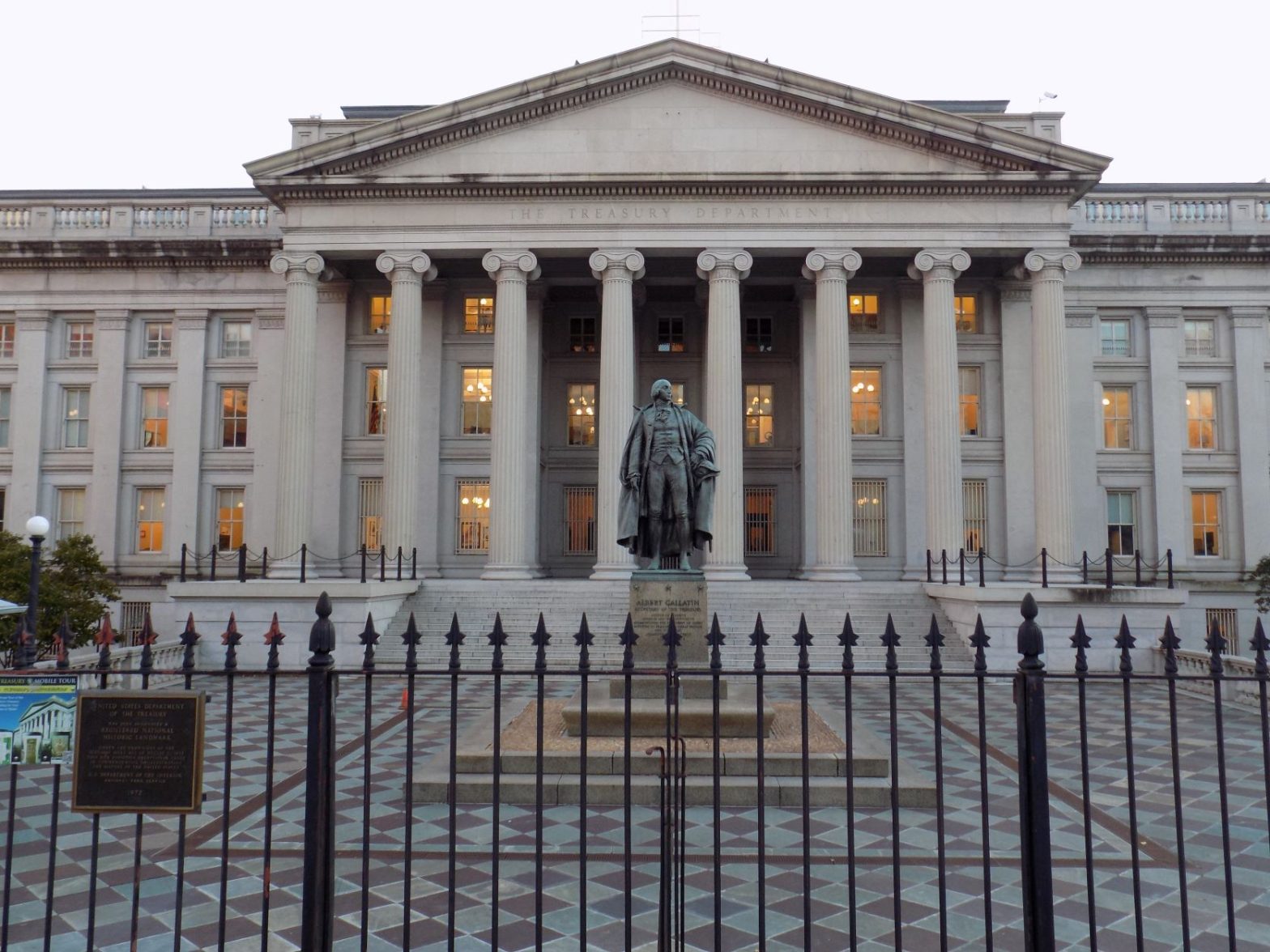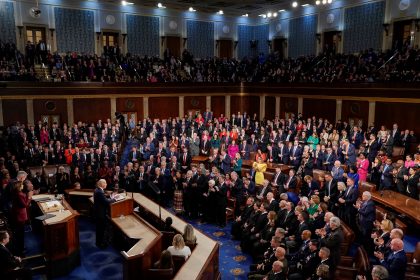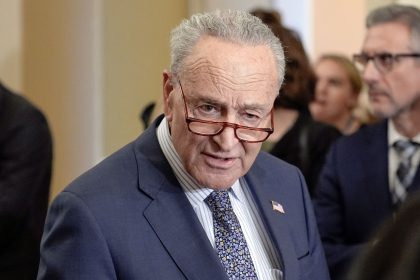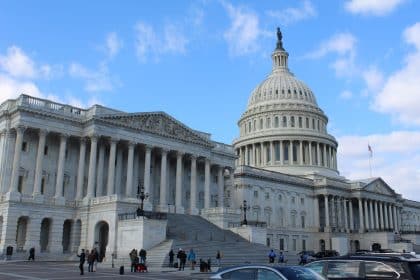Yellen Extends Deadline to Possible Federal Default to Dec. 15

WASHINGTON — The federal government will run out of money and the nation will descend into its first-ever default on its debts if lawmakers don’t take action on the debt limit by Dec. 15, Treasury Secretary Janet Yellen said in a letter to Congress on Tuesday.
Yellen’s deadline is 12 days later than the Dec. 3 date she provided to Congress in her letter of Oct. 18, and she explained the difference in timing had everything to do with the fact Congress recently passed a $480 billion increase in the debt limit as a stop-gap measure.
The debt limit places a statutory constraint on the amount of money the Treasury may borrow to fund federal operations.
According to the Congressional Research Services, the combination of a binding debt limit and continued budget deficits would leave Treasury with conflicting directives.
As with any borrower, the government is obliged to pay its bills, and yet a binding debt limit would prevent the Treasury from doing so in a timely fashion, the research service said.
Possible consequences of a binding debt limit include, but are not limited to, the following:
- Reduced ability of Treasury to borrow funds on advantageous terms, thereby further increasing federal Debt;
- Substantial negative outcomes in global economies and financial markets caused by anticipated default on Treasury securities or failure to meet other legal obligations;
- Acquisition of interest penalties from delay on certain federal payments and transfers; and
- Downgrades of U.S. credit ratings, which could negatively impact capital markets.
Possible economic and fiscal consequences of the debt limit are not confined to scenarios where the debt limit is binding.
Protracted deliberation over raising the debt limit may also affect the U.S. financial outlook if it changes household and business behavior at a time when most U.S. households are already grappling with the impact of inflation.
In her letter, Yellen urged Congress to deal with the debt limit quickly to remove the possibility of a potential default on the nation’s obligations.
“To ensure the full faith and credit of the United States, it is critical that Congress raise or suspend the debt limit as soon as possible,” Yellen wrote.
Yellen has repeatedly warned that failure to deal with the debt limit and allowing the government to default would be catastrophic and likely push the country into a recession.
In her letter, Yellen said that the extra time reflected more up-to-date estimates of government revenues and spending and also was impacted by the infrastructure bill that President Joe Biden signed into law on Monday.
That legislation requires the transfer by the Treasury of $118 billion by Dec. 15 into the Highway Trust Fund.
Yellen said after that while she had a “high degree of confidence she will be able to finance the U.S. government through Dec. 15” and complete the highway trust fund transfer, there are scenarios where the government will be left with insufficient resources to finance operations beyond the Dec. 15 date.
The need to raise or suspend the debt limit is just one of the budget issues facing Congress. Lawmakers must also approve a budget by Dec. 3 when the current stop-gap funding measures runs out. Failure to do that would trigger a government shutdown.
During a briefing with reporters on Tuesday, House Majority Leader Steny Hoyer noted that the House has passed legislation suspending the debt limit twice this year, and that the Senate passed it once, after an agreement was reached with Republican Leader Mitch McConnell.
“Mitch McConnell believes the debt limit should not be breached. He believes that it would have very, very negative consequences on our domestic economy and on the global economy and would undermine the faith and credit of the United States of America. I agree with him,” Hoyer said.
But the majority leader went on to say he parts company with McConnell when it comes to making “a phony issue” out of raising or suspending the debt limit.
“The debt is created by spending money or reducing revenues. And the arbitrary debt limit — which by the way only three countries in the world have — is just a phony … demagogic issue,” Hoyer said.
“If the Republican leadership were responsible, they would do what we did under Trump. They would cooperate in a bipartisan way of assuring that the United States of America did not breach its full faith and credit promises to those from whom we borrow,” he said.
Dan can be reached at [email protected] and at https://twitter.com/DanMcCue.























